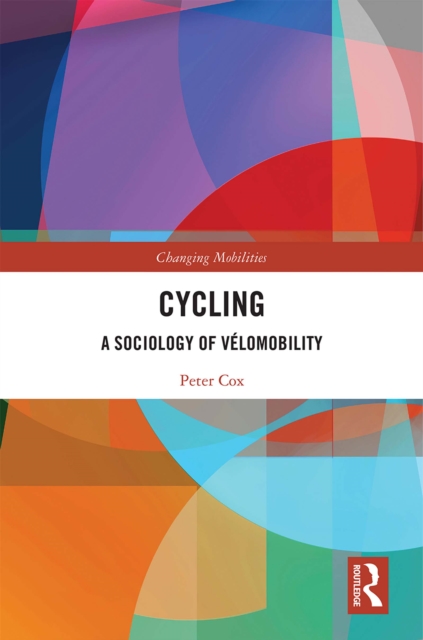
Cycling : A Sociology of Velomobility PDF
by Peter Cox
Part of the The Mobilization Series on Social Movements, Protest, and Culture series
Description
Cycling: A Sociology of Velomobility explores cycling as a sociological phenomenon. Drawing on extensive ethnographic fieldwork, it considers the interaction of materials, competencies and meanings that comprise a variety of cycling practices. What might appear at first to be self-evident actions are shown to be constructed through the interplay of numerous social and political forces. Using a theoretical framework from mobilities studies, its central themes respond to the question of what it is about cycling that provokes so much interest and passion, both positive and negative.
Individual chapters consider how cycling has appeared as theme and illustration in social theory, as well as the legacies of these theorizations. The book expands on the image of cycling practices as the product of an assemblage of technology, rider and environment. Riding spaces as material technologies are found to be as important as the machinery of the cycle, and a distinction is made between routes and rides to help interpret aspects of journey-making. Ideas of both affordance and script are used to explore how elements interact in performance to create sensory and experiential scapes. Consideration is also given to the changing identities of cycling practices in historical and geographical perspective.
The book adds to existing research by extending the theorization of cycling mobilities. It engages with both current and past debates on the place of cycling in mobility systems and the problems of researching, analyzing and communicating ephemeral mobile experiences.
Information
-
Download - Immediately Available
- Format:PDF
- Pages:212 pages
- Publisher:Taylor & Francis
- Publication Date:15/03/2019
- Category:
- ISBN:9781315533681
Other Formats
- EPUB from £35.99
- Paperback / softback from £39.35
- Hardback from £135.00
Information
-
Download - Immediately Available
- Format:PDF
- Pages:212 pages
- Publisher:Taylor & Francis
- Publication Date:15/03/2019
- Category:
- ISBN:9781315533681






